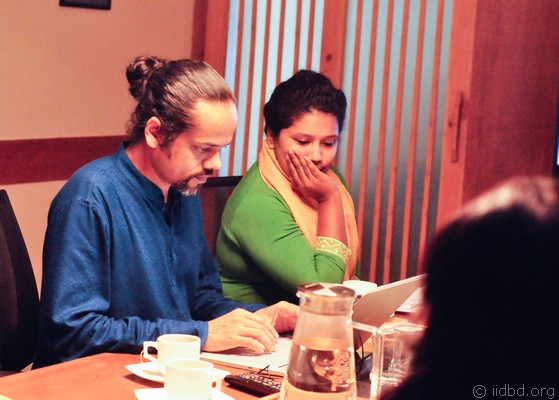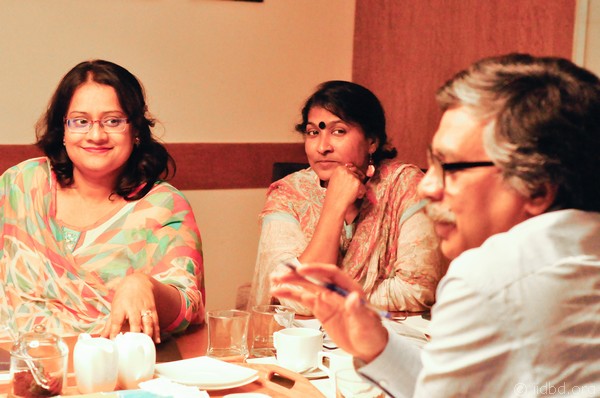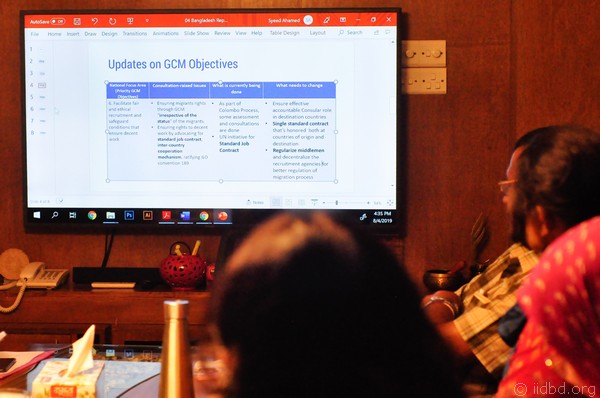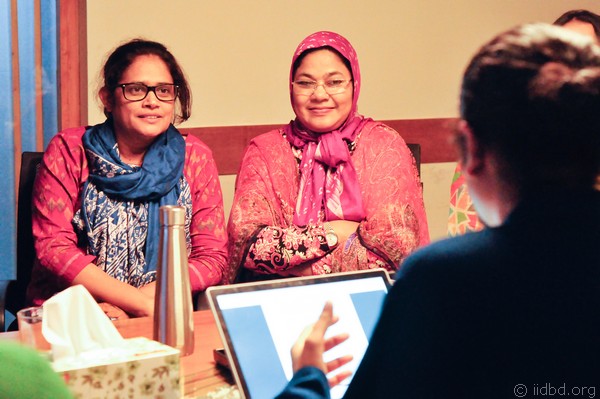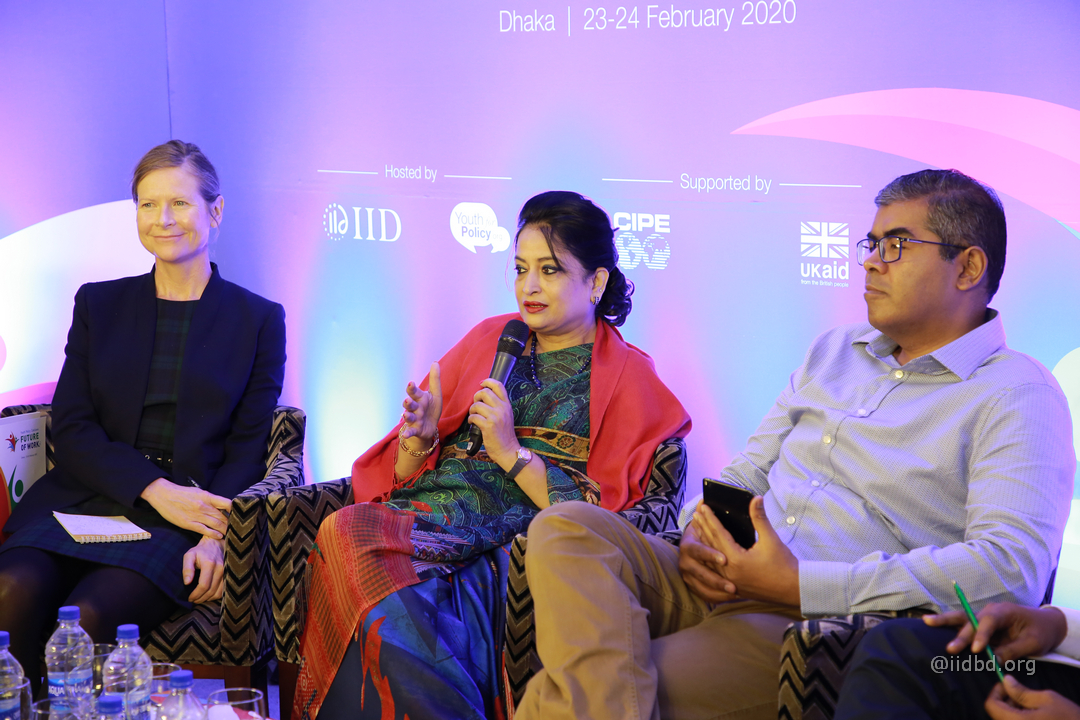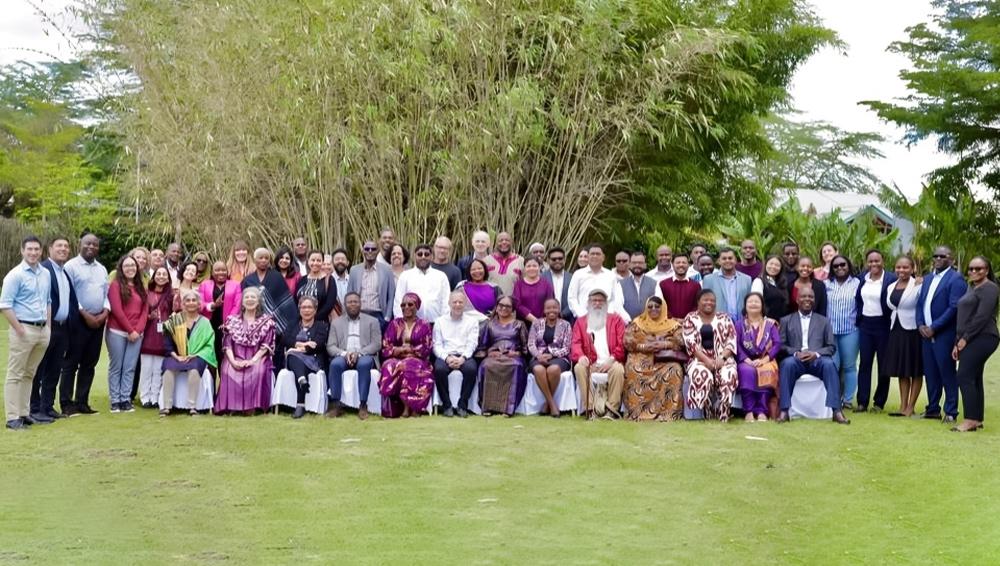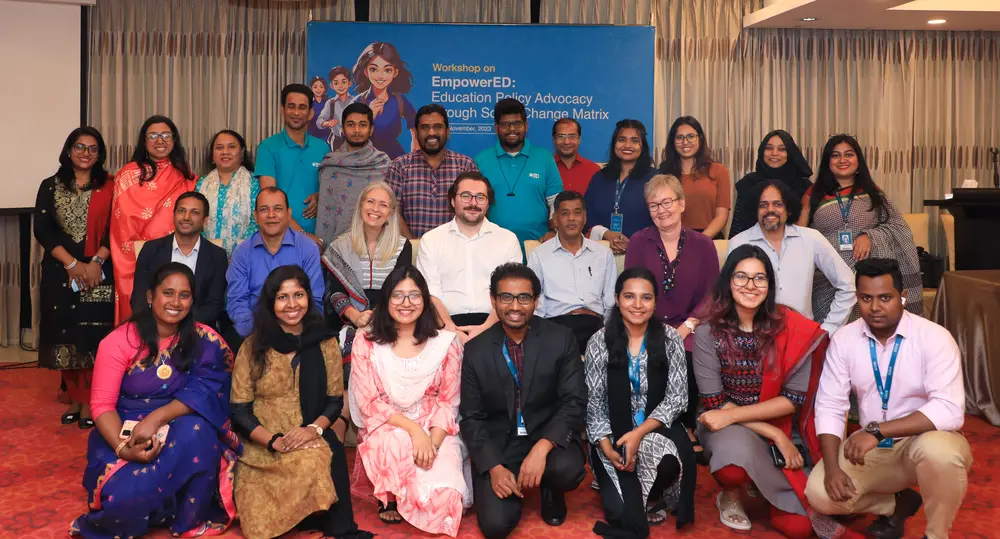A group of Bangladeshi civil society organizations highlighted 7 out of 23 objectives from the Global Compact for Migration (GCM) for prioritized implementation.
The discussion on the prioritization was a follow-up to the Sub-regional Consultation on the Implementation of the GCM by Migrant Forum in Asia that took place earlier in Kathmandu, Nepal.
The follow-up meeting was held at the IID office on 4 August 2019 and was participated by the representatives of the Bangladeshi CSOs who who attended the earlier sub-regional consultation in Nepal.
While each of the 23 objectives adopted by the Compact are essential, the CSOs argued that a prioritization will ensure that urgent issues are given due importance during the implementation process.
Seven (7) key objectives highlighted by the CSOs are—
Obj 1. Collect and utilize accurate and disaggregated data as a basis for evidence -based policies
Obj 3. Provide accurate and timely information at all stages of migration
Obj 6. Facilitate fair and ethical recruitment and safeguard conditions that ensure decent work
Obj 10. Prevent, combat and eradicate trafficking in persons in the context of international migration
Obj 14. Enhance consular protection, assistance and cooperation throughout the migration cycle
Obj 21. Cooperate in facilitating safe and dignified return and readmission, as well as sustainable reintegration
Obj 23. Strengthen international cooperation and global partnerships for safe, orderly and regular migration
The participants then analyzed the existing situation and what needs to be done to achieve these objectives.
Changes and activities that were suggested to implement the specific priority areas of the GCM included—national information portal for all stakeholders; conceptual development of a Model High Commission to improve services; and monitoring of global committments on migration through a civil society tracking-platform.
The participants who contributed to this revision included Nazma Akter and Anisur Rahman Khan of Awaj Foundation, Marina Sultana of RMMRU, Dipu Mahmud of BNSK, Jasiya Khatun of WARBE DF, Shirin Lira of British Council/Prokas, Farida Yeasmin of BOMSA and Supriya Shahnewaz, OKUP. Syeed Ahamed of IID facilitated the discussion.
The participating civil society organizations are sending these suggestions to MFA who will take these further in upcoming regional and global consultations.

